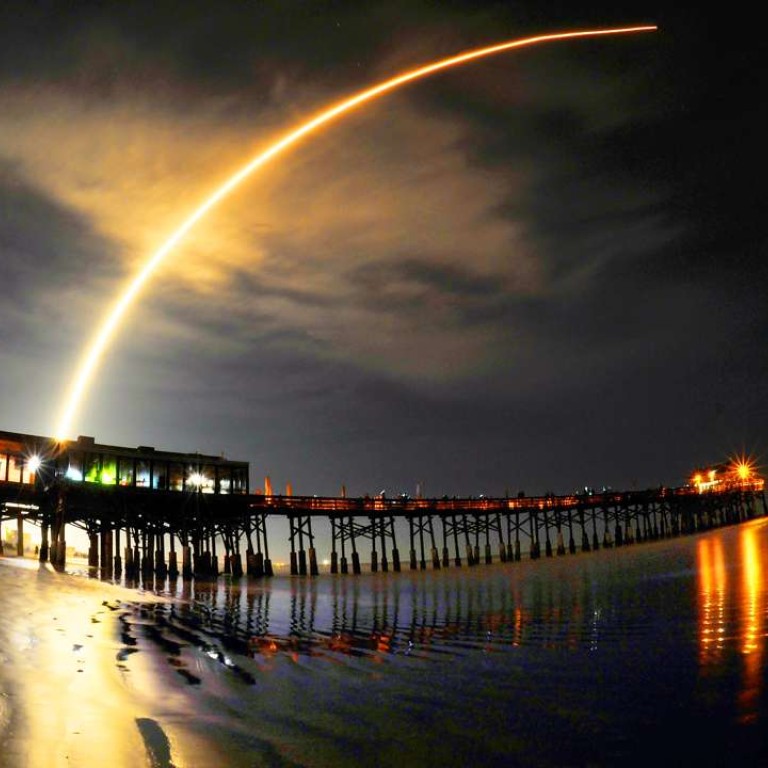
NASA bets big on private sector to put humans on Mars
Twenty-two American companies have won contracts from NASA across several sectors
NASA will continue tapping the private sector to fund space exploration efforts under President Trump, marking a continuation in policy that first began under former president Barack Obama .
“Public-private partnerships are the future of space exploration,” Dava Newman, a former NASA deputy administrator who resigned before Trump took office, told CNBC on Monday. “I call it the new NASA.”
In total, 22 companies—all American—have won contracts with the agency across a diverse range of sectors, from in-space manufacturing to engine development.
Boeing and Elon Musk’s SpaceX will be delivering NASA astronauts to international space stations, while Orbital ATK, Sierra Nevada and SpaceX will transport NASA cargo to space stations, said Newman, who is now chair of the Apollo Program at the Massachusetts Institute of Technology.
NASA is a part of the U.S. government, but remains independent while still receiving federal funds —a structure originally conceived by McKinsey. Back in the 1950s, the management consultancy suggested the idea of a separate government office dedicated to space research.
Other countries have also fixated their sights on the private sector. Last year, the Indian Space Research Organisation invited firms to build a full spacecraft as Prime Minister Narendra Modi looks to open up the country’s satellite manufacturing industry, according to local news.
One specific goal of NASA’s public-private partnerships is putting humans on Mars by the 2030s, a journey that’s already underway.
A robotic rover that’s been exploring the Red Planet since 2012 has helped confirmed evidence that water once flowed on the isolated planet, suggesting the existence of streams and lakes billions of years ago. NASA intends to launch another rover in July 2020.
Obama made no apologies for curbing the agency’s exploration ambitions and it’s not yet clear how NASA will be impacted under Trump, who said little on space during his campaign.
Some strategists believe the real-estate billionaire will be keen to push property development on the Moon , a scenario that Newman believes will spark excitement “in the next decade.”

